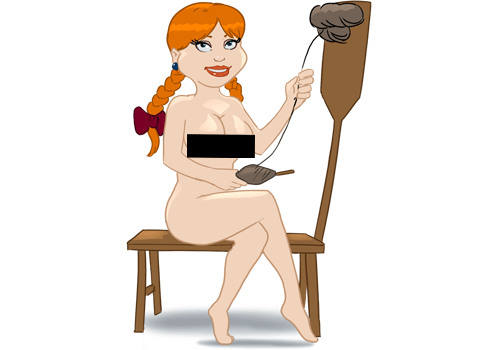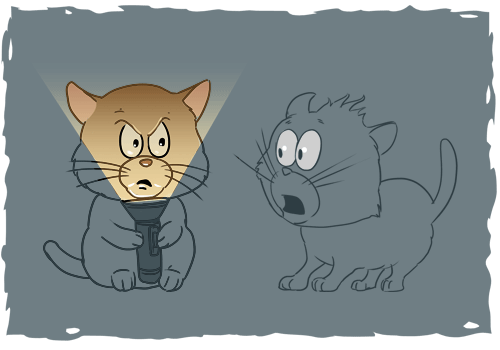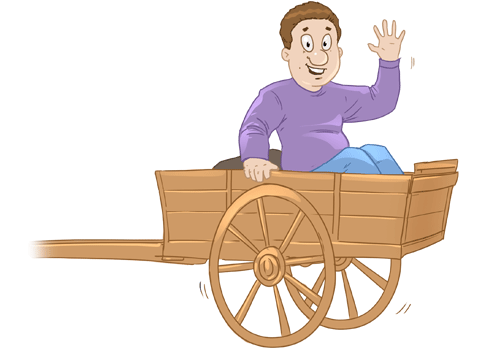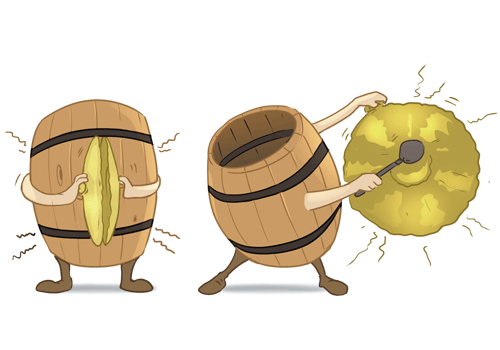Danish
Dansk sprog
Dansk sprog
About 5.6 million
Denmark (5.5 million) incl. Faroe Islands (50.000), EU
Special minority rights in Germany (~40.000) and Greenland (~10.000)
US, Canada
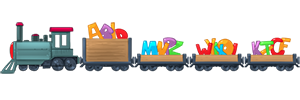

The Danish alphabet has 29 letters, with the non-Latin æ,ø,å at the end. The letter 'y' corresponds with umlaut ü, and q,w,x are only used in foreign words. As umlaut vowels, Æ and ø are already special (corresponding to ä and ö in some other languages), but the 'circle-a' (bolle-å), really defines Danish as a Scandinavian language.
It is difficult to say when the Vikings' Old Norse turned into Danish, but as the oldest monarchy in the world Denmark can proudly look back at an unbroken line of 54 kings (and nowadays, queens), each speaking a little bit more Danish (and some, alas, Low-German). The son of the official first king, Gorm den Gamle (Gorm the Old) - or rather, his mason - used Runic script to honor his parents (and himself) on the famous Jellinge stones some 1050 years ago:

haraltr (Harald) * kunukR (king) * baþ (asked) * kaurua (carve) * kubl (kumle-stone) * þausi * aft (after) * kurm faþur sin (Gorm father his) * auk aft (and after) * þąurui (Thyra) * muþur (mother) * sina (his) * sa (this) haraltr (Harald) * ias (who) * sąR (himself) * uan (won) * tanmaurk ala (Denmark all) * auk nuruiak (and Norway) * auk tani karþi kristną (and Danes made Christian)
The Danish sound system has a strong bias towards vowels, with 17 consonants outnumbered by 15 short vowels, 12 long vowels and 25 diphthongs. A famous example is the sentence æ ø i æ å, meaning 'the island in the river' in Western dialects. Often, consonants are only used to modify vowel tone or length, and are not pronounced as such. Thus, 'g' is silent in kugle ([ku:le], 'globe'), and diphtong-creating in mig ([mai], 'me'). The most special sound in Danish is a glottal stop, as in Arabic, but usually realized only as a kind of creaky voice. The glottal stop corresponds to a tonal accent in Swedish and can be the only feature distinguishing two words, as in hun ([hun], 'she') and hund ([hun'], 'dog'). Because the glottal stop isn't marked in writing, it is hard to learn and a fairly safe "spy test" for native speakers. Another very special feature of Danish is the inspirational 'yes', pronounced while breathing in: ja. It's a supportive device used by the listener in a conversation, signaling attention, consent and sympathy. Women use it much more than men, and some even manage short sentences on an in-breath.
Danish has no person-number inflection for verbs and no case inflection for nouns, but as a special feature, it inflects nouns for definiteness (with an enclitic article):
| Common | Neuter | |||
|---|---|---|---|---|
| Indefinite a car |
Definite the car |
Indefinite a plane |
Definite the plane |
|
| Singular | en bil | bilen | et fly | flyet |
| Plural | biler | bilerne | fly | flyene |
Danish can create words by compounding, e.g. ejendomsavancebeskatningsloven (property sales tax law), so in theory the Danish lexicon is of unlimited size. Danish has exported few words, among them ombudsmand and køkkenmødding (archeological kitchen leftovers), but has many culturally motivated words that are difficult to translate. The most famous is hyggelig (roughly, cozy), which is thought to be a uniquely Danish state of mind. There is even a corresponding verbal form, hygge, implying a special activity of 'cozying'.
The Danish Language Academy (Dansk Sprognævn) regularly publishes lists of new words in Danish, and among them are many cultural untranslatables, such as:
When it comes to eating, Danish is a bit hobbity, using the term frokost (literally 'early food') for lunch, and middag (literally 'mid-day') for dinner. Regionally, there even is a term for late-night food, aftenskaffe (evening coffee).
As a traditional fishery nation, Denmark has fostered more fish idioms than other languages. A beautiful girl, for instance, can be likened to a "tenaceous herring" (sej sild), and a stupid person to a cod (torsk).
There are no sharp dialect boundaries between the Scandinavian languages, and the differences between Danish, Swedish and Bokmål-Norwegian are so small that with a bit of practice and patience, the languages are mutually understandable, especially in writing.
Within Denmark, dialectal areas can be defined according to the number of noun genders. The written standard (rigsdansk) has 2 genders, but in the east and south dialects have 3 genders, and in the West, only one. However, the combination of a very centralized cultural-political system and a capital area (Copenhagen) with 40% of the population together with modern mobility and mass media is slowly turning dialects into accents, and most young people use few or no dialect words. The only non-Copenhagen word with a chance at national fame is said to be træls (irritating).
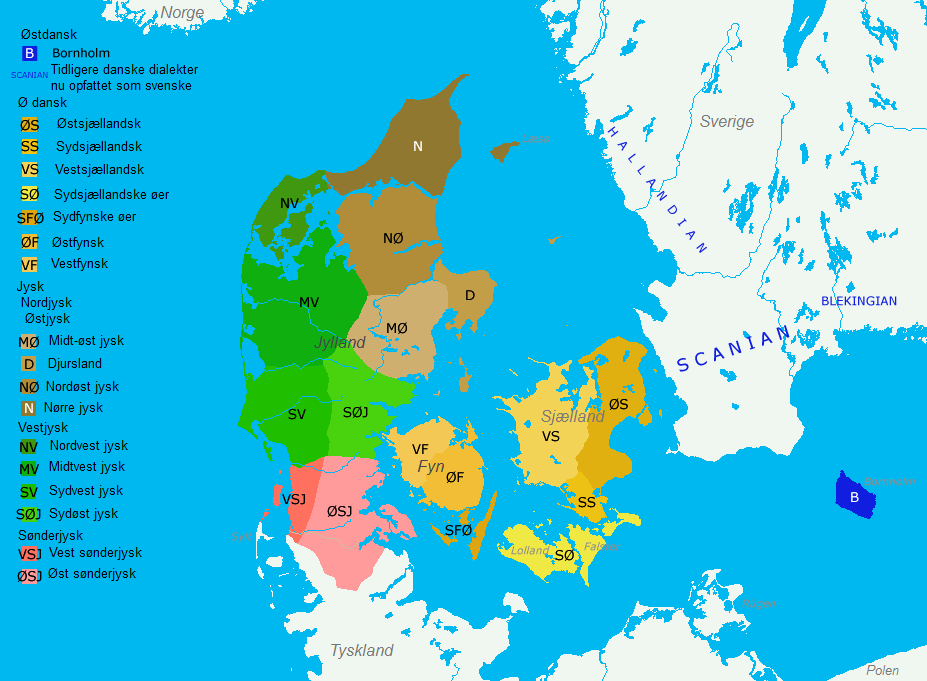
Source: Wikimedia Commons






